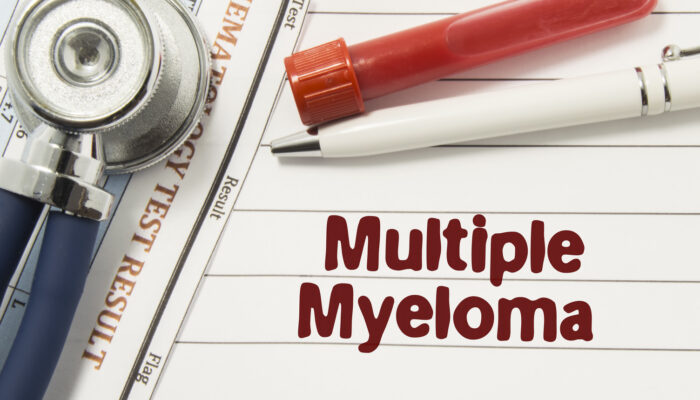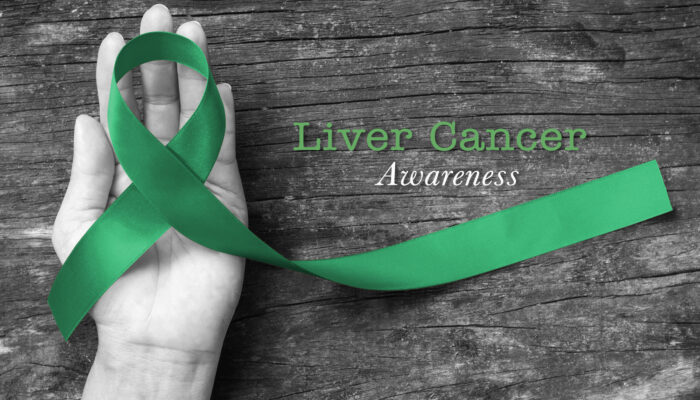
All you need to know about growth hormone deficiency
Children suffering from growth hormone deficiencies are usually short and look young for their age as their physical development and bone growth are delayed. However, their bodies are in normal proportion and they have normal intelligence and facial features. As the term suggests, growth hormone deficiency (GHD) occurs when the pituitary gland produces insufficient growth hormones than required for the body.
Hormones are chemicals that are dissolved in the bloodstreams, giving information to different parts of the body. The growth hormone is released by the pituitary gland in the brain and stimulates the growth of organs, muscles, and bones. Growth hormone deficiency is caused due to a problem in the pituitary gland or missing gland, which could lead to a lack of growth hormone. The levels of growth hormone deficiency can vary from mild to severe.
GHD is generally noticed more in children than in adults, affecting 1 in 3000 children, mainly boys. Growth hormone deficiency is curable and, with careful management, most of the patients can live a normal and peaceful life.
Symptoms of growth hormone deficiency
Children hit with growth hormone deficiency are generally shorter than their peers are and have a young and round face. Even though their body proportions are normal, they may seem a little chubby or may have baby fat around their belly.
If growth hormone deficiency is identified in the later stages due to tumor or brain injury, it further postpones puberty. In certain cases, sexual hormone development is delayed or halted.
Many teenagers with growth hormone deficiency are unconfident due to developmental delays, such as slow rate of maturing and short stature. For instance, a man’s voice does not change at the same rate as his peers and women may not develop breasts. The adult growth hormone deficiency (AGHD) causes reduced bone strength, which may lead to frequent fractures. They experience sensitivity to cold and hot temperatures and may also lack stamina.
Causes of GHD
Growth hormone deficiency is a genetic disorder. It can be due to the defects in the gene passed on by parents. It can be associated with brain structure defects.
Some psychological symptoms in adults include:
- Bouts of anxiety or emotional distress
- Poor memory
- Lack of concentration
- Depression
Adults with GHD are at greatest risk of heart problems. They tend to have high cholesterol and high levels of fat in the blood. This problem does not occur due to eating habits but because of low levels of growth hormone secretion.
How is GHD treated?
Generally, synthetic growth hormone is injected into fatty tissues like buttocks, thighs, and back of the arms. It causes some side effects, such as curving of the spine, hip pain, headaches and redness in the are injected. For better results, the treatment is needed to be taken daily. In certain cases, synthetic growth hormone injection may develop diabetes, especially if they have a family history of GHD.



